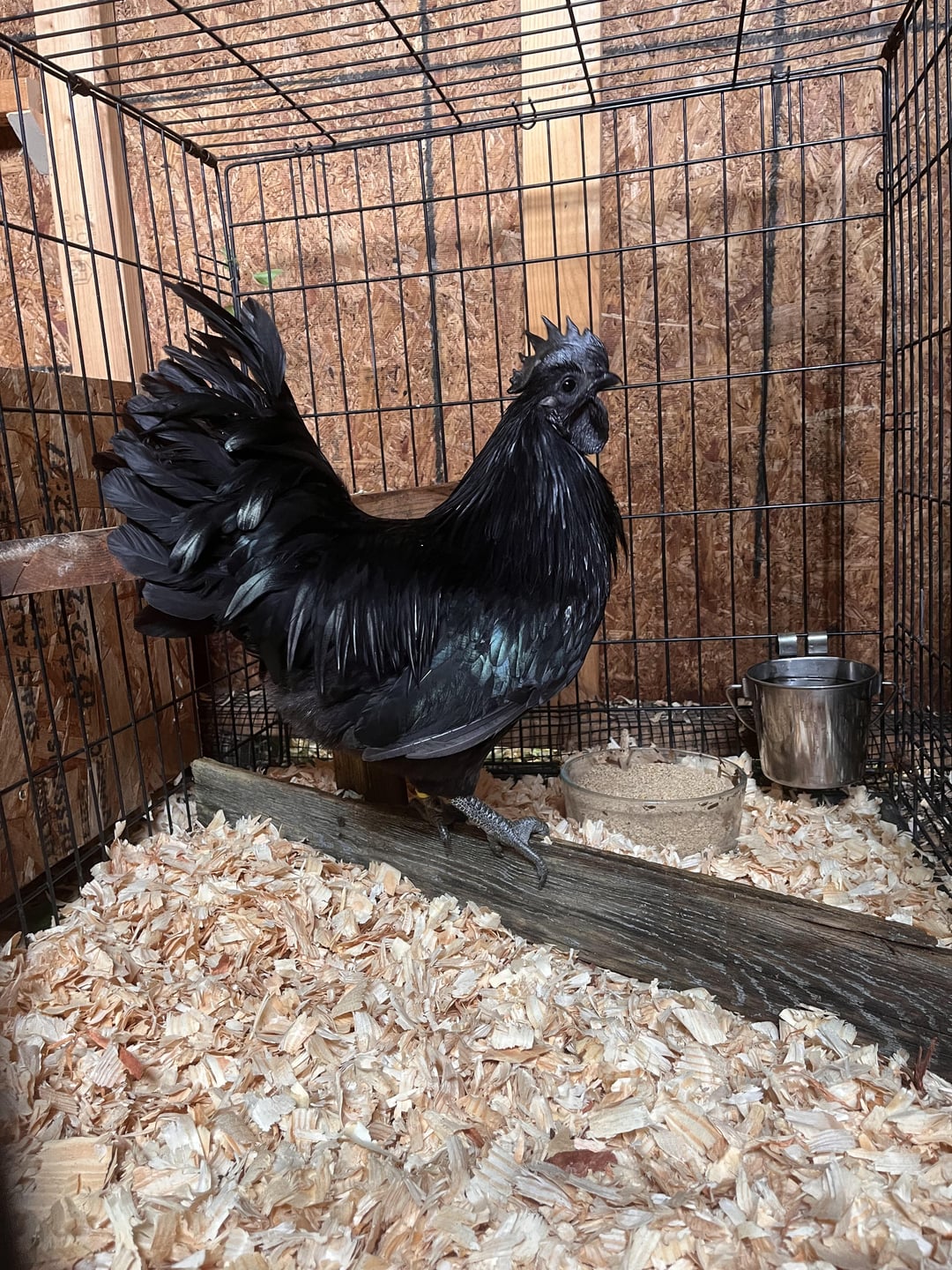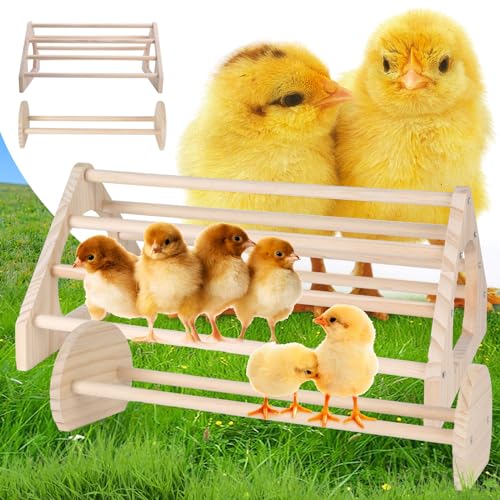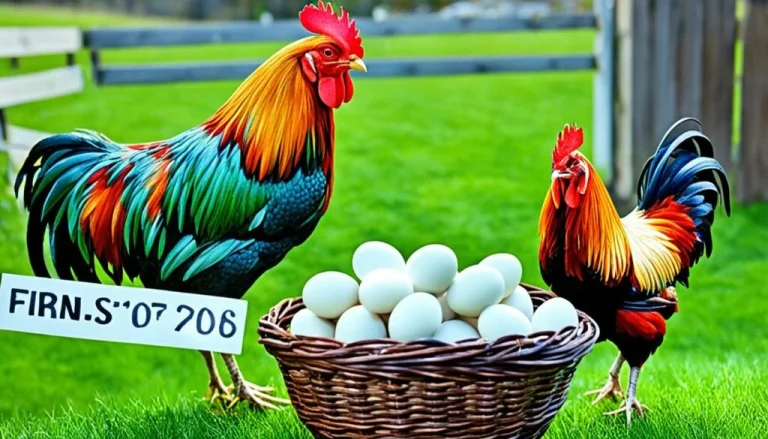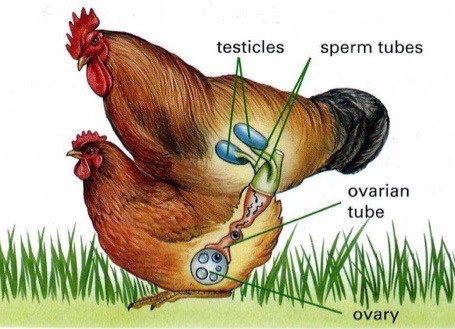How Old Should Hens Be Before Adding a Rooster?
Hens should be at least 5 to 6 months old before introducing a rooster. This age ensures they are mature enough for breeding.
Introducing a rooster to your flock requires careful timing. Young hens need to reach sexual maturity to avoid stress and injury during mating. At around 5 to 6 months, hens become fertile and ready to lay eggs. A rooster can help in fertilizing eggs and establishing a pecking order.
However, introducing a rooster too early can lead to problems, including aggressive behavior or stress among younger hens. Properly managing the introduction process is crucial for maintaining harmony in the flock. Understanding the right age and signs of readiness will help ensure a smooth transition and a healthy environment for all birds involved.
Introduction To Flock Dynamics
Flock dynamics play a crucial role in chicken behavior. Age balance is key for a peaceful introduction. Hens should ideally be at least 5 to 6 months old before meeting a rooster. This age allows them to understand hierarchy. Young hens may feel stressed by an older rooster. An older rooster can sometimes be aggressive. Monitoring their interactions is important during this time. It helps ensure a smooth transition.
Consider the following points:
- Hens need maturity for better social skills.
- Roosters should not be overly aggressive.
- Introduce them during daylight hours for better visibility.
- Keep a separate space initially for safety.
Understanding Hen Maturity
Hens reach maturity at around 5 to 6 months. At this age, they show clear signs of readiness.
Physical signs include a well-developed body and bright, smooth feathers. Hens may also exhibit a redder comb and wattles.
Behavioral indicators are important too. A ready hen may become more vocal and curious. Increased interest in food can also signal readiness.
Hens may start to establish a pecking order among themselves. This behavior indicates they are ready for a rooster.
Rooster Integration Basics
Introducing a rooster to hens requires careful planning. Hens should be at least 5 to 6 months old. At this age, they are more mature and can handle a rooster’s presence better.
Start by keeping the rooster in a separate space for a few days. This helps the hens get used to his scent and sounds. After a few days, let them see each other through a fence. This step is crucial for a smooth introduction.
Monitor their behavior closely during the first introductions. Look for aggression or excessive pecking. If any issues arise, separate them again and try later.
Common mistakes include introducing a rooster that is much older or larger than the hens. This can lead to bullying or stress. Always ensure the rooster is calm and not overly aggressive.
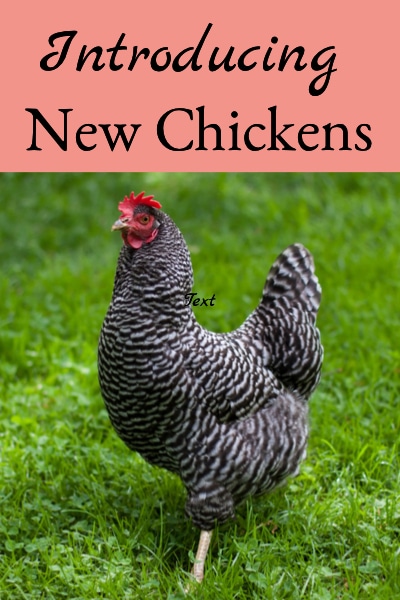
Credit: www.betterhensandgardens.com
Optimal Age For Rooster Introduction
The optimal age for hens to meet a rooster is between 5 to 6 months. At this age, hens are usually mature enough for breeding. Introducing a rooster too early can cause stress. Hens younger than 5 months may not be ready.
Roosters should ideally be at least 7 months old. This age allows them to be more confident and capable. A mature rooster can also help guide younger hens.
| Age of Hens | Recommended Action |
|---|---|
| Under 5 months | Do not introduce a rooster. |
| 5 to 6 months | Safe to introduce a rooster. |
| Over 6 months | Hens are ready for mating. |
Social Dynamics And Hen Health
Introducing a rooster to hens should be done carefully. Hens need to be at least 5 to 6 months old. This age allows them to be mature enough for social dynamics. You must manage the pecking order to avoid stress. A rooster can disrupt this balance. Watch for signs of aggression among hens. Establishing a pecking order is important for a healthy flock.
Monitoring hen well-being is crucial. Signs of stress include reduced egg production and hiding. Provide plenty of space for all birds. A larger area helps reduce conflicts. Ensure food and water are always available. Healthy hens will adapt better to changes. Keeping an eye on their behavior helps maintain harmony.
Breeding Considerations
Choosing the right age for hens is crucial for successful breeding. Hens should ideally be at least 5 to 6 months old. At this age, they start laying eggs regularly. Egg fertility is influenced by the rooster’s age as well. A young rooster may not be as effective at fertilizing eggs.
Breeders should also consider the health of both hens and roosters. Healthy birds produce healthier chicks. Stress levels can impact fertility, so a calm environment is essential. Introduce the rooster gradually to avoid stress. This helps hens adjust to the new companion.
Monitoring the hen’s laying cycle is important. Fertile eggs typically come from hens in their peak laying period. Keep records of mating to track breeding success. This will help in planning future hatchings effectively.
Long-term Management Strategies
To maintain a balanced flock, hens should ideally be at least 5 to 6 months old before introducing a rooster. Young hens are still growing and may feel stressed by a rooster’s presence. A rooster helps with breeding and flock protection, but it can also cause tension.
Regularly check the flock for signs of stress or aggression. If issues arise, separate the rooster temporarily. This can help the hens feel safe. Always ensure there are enough hens for each rooster. A good ratio is 1 rooster for every 8 to 10 hens.
Adapting to changes in the flock is important. Introduce new birds slowly to avoid chaos. Monitor interactions closely during the first few days. This helps create a harmonious environment.
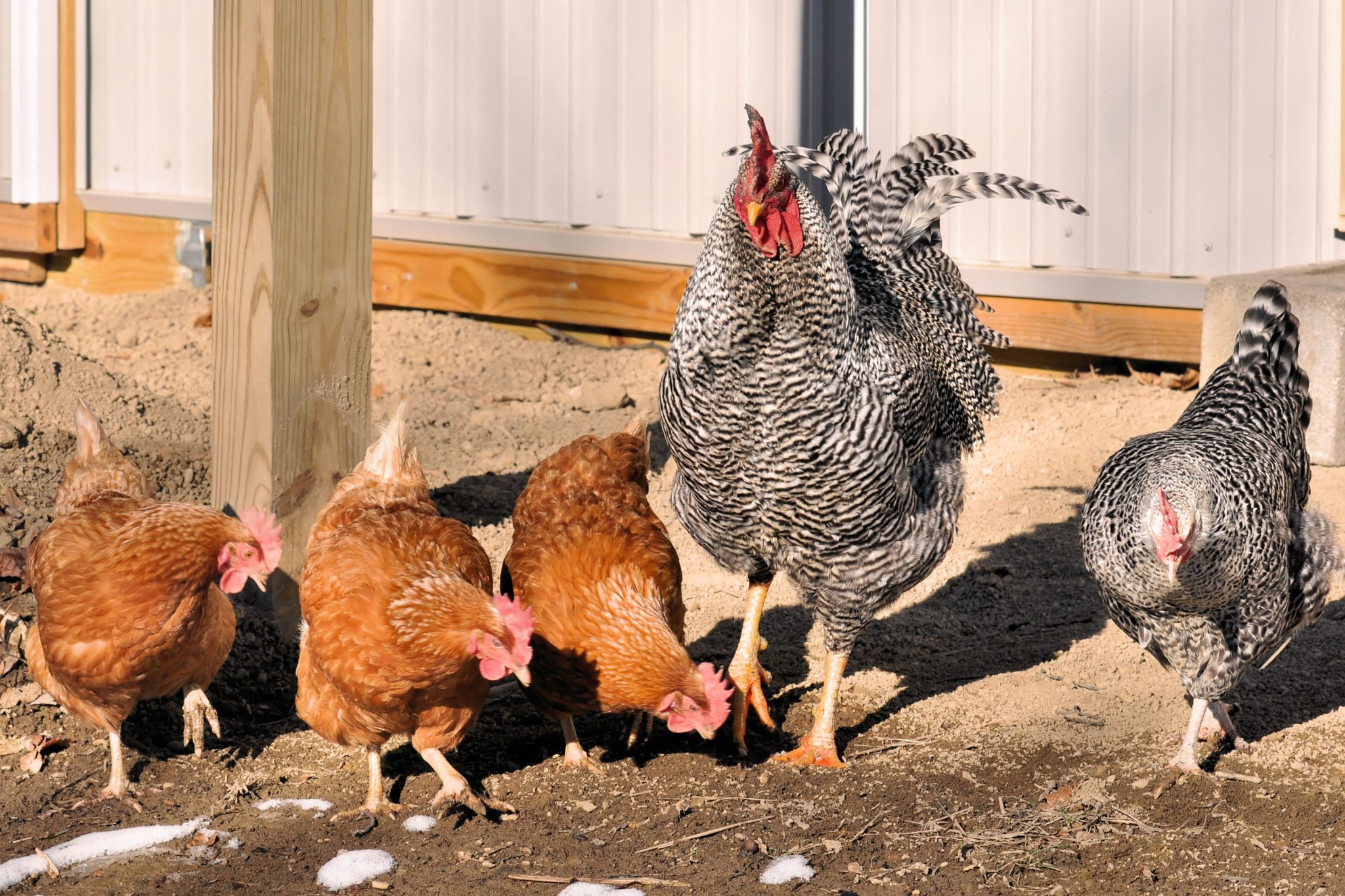
Credit: www.betterhensandgardens.com

Credit: www.reddit.com
Conclusion
Introducing a rooster to your flock requires careful timing. Hens should be at least five to six months old for the best results. This ensures they are mature enough to handle mating. Proper introduction can lead to a harmonious and productive environment.
Keep these tips in mind for a healthy flock.

